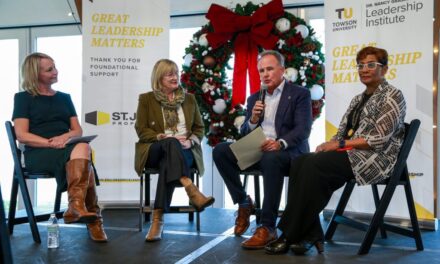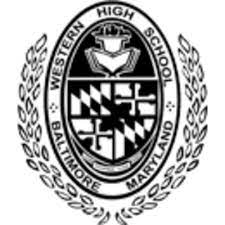By Jasmine Clarke
Special to the AFRO
Black family reunions are a time for people to connect over shared history and memories as they reinforce family structure. This important tradition reunites relatives across time and place, and helps mend the fragmentation and displacement caused by American chattel slavery and the Great Migration.

All Photos: Photo courtesy of Jasmine Clarke
As a family archivist, I have an interest in Black family traditions and became curious about the ways people document, preserve and share the family reunion tradition.
Before joining the Afro Charities team as an archival processing fellow, I was working to organize and preserve a collection of family images, documents and videos that originally belonged to my grandmother, Melbahu Gibbs.
One of the videos I digitized was our 1993 family reunion. It begins with my family in Boston, Mass., loading into a van and driving down to Atlanta, the city where my grandmother was born. While I didn’t attend this reunion, I remember the stories and memories that came from it. While digitizing, I watched the video in awe as my grandmother walked from table to table encouraging family members, many of whom have since passed on, to introduce themselves to one another and to answer her various questions: “What’s your name? Where are you from? What are you looking forward to at the family reunion?” She persisted even as some shied away.

I believe my grandmother knew the value of family reunions and I’m grateful for her persistence. Her commitment to documenting our family history continues to inspire me. That 1993 reunion video is a historical record that has allowed me to learn the names and stories of my ancestors and living relatives within my lineage.
At Afro Charities, I have the unique opportunity to engage with a collection that conveys the rich lives of everyday Black people. Inspired by my own personal history, I began researching Black family reunions in the collection and learned about The Blackwell Family Reunion Association while processing a folder titled “Largest Family.”

The Blackwell family’s reunion tradition started in 1952 after the funeral of Nay Woodrow Blackwell. After that event, family members decided to gather for more joyous occasions in the future, and in 1953 they held their first reunion.
When I delved deeper into the folder, I learned about Thelma Doswell, a family member who started recording each family member’s names at their annual reunions. She used her skills as a researcher and genealogist to create expansive family trees. Her first tree, created in 1959, is a folk art piece that is 8 feet tall and 6 feet wide and includes the names of 1,500 family members. She continued to make family trees until 1991. That final tree contained over 5,000 names tracing her ancestors back to West Africa. Doswell’s family trees are now historical records that can be found in the Library of Congress, the Reginald F. Lewis Museum of Maryland African American History and Culture, and the Virginia Museum of History and Culture.

I often ask myself how we can continue to fill the gaps in Black historical records that exist because of the lack of comprehensive records and documentation of enslaved Black people. I believe we have the personal and communal agency to participate in this process, like my grandmother and Ms. Doswell. Their dedication to Black family history is a testament to that. They each used their unique skills to document the tradition of family reunions, preserving and ultimately protecting Black historical narratives.
Family reunions are intentional gatherings that serve as rituals of remembrance in the face of Black violence and oppression, connecting our past, present and future. I’m inspired by this rich tradition, the people who continue to uphold it and the different ways we can all participate in protecting our collective history.
The post Op-ed: The legacy of family reunions appeared first on AFRO American Newspapers.










